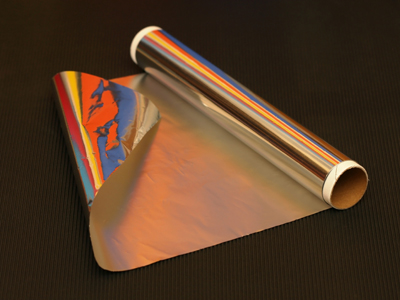
Radioactivity - Atoms and Radiation
This GCSE Physics radioactivity quiz will challenge you on atoms and radiation. Radioactive substances emit radiation from the nuclei of their atoms all the time, this is called radioactive decay. These nuclear radiations can be very useful but may also be very dangerous. At the surface of the Earth, there is a constant background radiation which comes from a variety of sources, including gases in the air, radioactive substances in the rocks, fallout from nuclear explosions and accidents at nuclear power stations, and also from space (cosmic radiation and radiation from the Sun).
To understand what happens to radioactive substances when they decay we need to understand the structure of the atoms from which they are made.
Ready for more?
not all...
quizzers. Try to win a coveted spot on our Hall of Fame Page.







